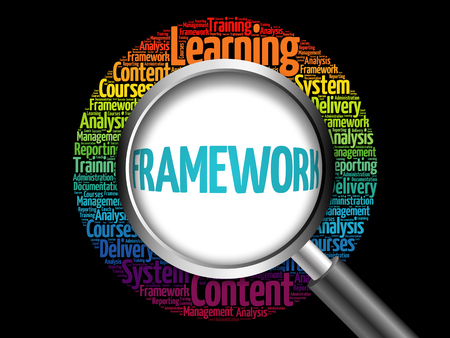
Content creation, syndication and consumption platforms are like every other aspect of business. They are constantly changing. Ensure your content represents the quality and achieves the results you want by using this checklist of B2B content platforms.
Interactive Visual Content Platforms
The demand for interactive content online continues to grow exponentially. Platforms such as YouTube for video content, WordPress for blogs or Instagram for photos are in widespread usage. More and more marketers are using infographics for data visualizations, presentation platforms for expertise distribution and webinars for education and networking. While some of these platforms, infographics, for example, have been around in concept for decades, their popularity and use began to rise in the early 2000s. Now, they are a mainstay of business development teams aiming to compile, analyze and share important company or industry statistics. Certain platforms including Slideshare for expert presentation content or Google Hangouts for webinar content and relationship building develop each day.
Virtual Reality (VR) Content Platforms

VR has been headlining research and development for many years. Only now has it become a reality for consumers and businesses. The question isn’t if VR can become a part of the marketing plan, but how. This is the stage of quantity vs. quality. As consumers jump on the VR bandwagon, many users and companies will unload poor quality content in hopes of simply putting their name on the new platforms. Stay ahead of the competition and begin developing a VR marketing plan now to maximize content quality and reinforce your brand.
Networking Content Platforms
We all know the big three: Facebook, Twitter and LinkedIn. They are a part of mainstream society, and it’s hard to think they’re going anywhere. However, business trends and interests change on a day-to-day basis, constantly making room for new social networking platforms. Facebook Business, for example, was invented in response to the many businesses trying to gain exposure through a platform originally designed as an “online yearbook.” Other large social platforms have followed suit, with Instagram Business or Google My Business. However, new platforms are finding users as trends and interests change, for example:
- Inbound.org: A rapidly growing platform designed specifically for producing expert marketing content and organizing a personal newsfeed of blog and email subscriptions. Platforms like this may overtake more traditional distribution methods such as email or Facebook for blog, article, white paper and newsletter consumption.
- Medium.com: Another content sharing website, Medium allows users to explore submitted content based on industry. Curated by business professionals, Medium concentrates on quality of content, insights and original ideas.
- Quora.com: Centered around the idea of answering user-posed questions, Quora allows brand advocates and industry specialists to share their expertise. Like-minded individuals can locate industry-specific content and knowledge through a question-and-answer format, and continue the conversation in a forum-like style. Users have the ability to contact industry experts directly if they’re interested in learning more.
Content Creation, Syndication and Consumption

As with other business initiatives and realities, content creation, syndication and consumption will always evolve. This is why it’s imperative to stay informed and be willing to invest in new opportunities. Marketers can stay ahead of marketplace trends and demands through ongoing learning, testing and application of the newest technology. Companies that embrace new content platforms and work through the kinks that come with change will reap the benefits.

